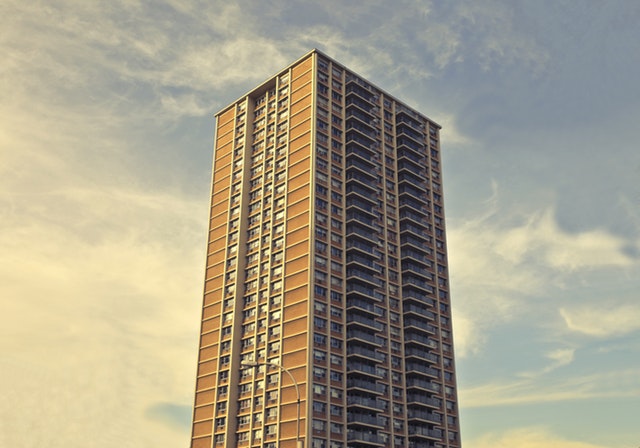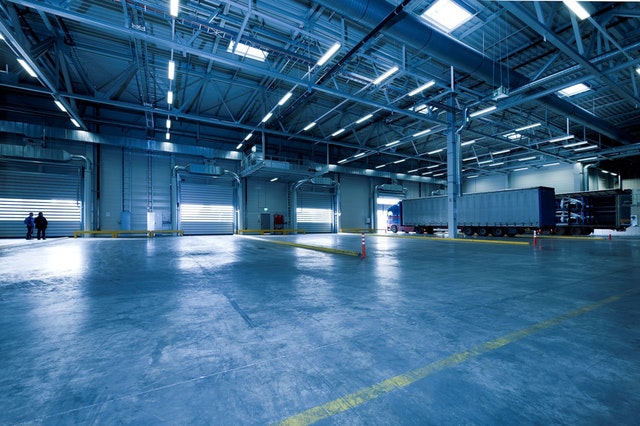Housing affordability improved in the first quarter, but there is a long recovery ahead
Housing availability has improved in all Baltic capitals in the first quarter of this year, according to Swedbank’s Baltic housing availability survey.
In Riga, the availability of housing was supported by the still very rapid increase in wages in combination with a slightly lower average apartment price. However, the interest rate for new mortgage loans in Latvia continued to grow slightly at the beginning of the year – contrary to the decline observed in the rest of the Baltics. In general, housing is more affordable for Riga households than for its Baltic neighbors due to the large share of the serial apartment market. We predict that in less than a month, the European Central Bank (ECB) will reduce its base interest rates for the first time in a long time. The change in the rate of interest rates will contribute to the continuation of the recovery of housing affordability in the Baltics. In the first quarter of 2024, a household whose income corresponds to 1.5 of the average net monthly salary could afford an apartment of almost 54 m2 in Tallinn with the help of a mortgage loan, and a little under 50 m2 in Vilnius. On the other hand, the availability of housing in Riga remained relatively high and an average household, diverting no more than 30% of the family’s income to service the mortgage loan, could afford an apartment of around 82 m2 (in the first market – around 43 m2). The activity of the apartment market in the first quarter in Riga continued to decrease, compared to both the end of 2023 and the first quarter of last year. The situation was especially gloomy in the first-time market, where the monthly average number of transactions fell by almost 40% compared to the corresponding period last year. The number of reservations for newly built housing in the economy segment decreased by about 60% and business – by about a quarter. According to preliminary data, the weighted average price of apartments in Riga decreased both against the fourth quarter and continued to decrease compared to last year. Serial projects still had the biggest impact on the average price drop year-on-year. In the first-time market, prices rose as previously made reservations were realized, but with a view to the future, a down-to-earth price increase can be seen. Overall, new housing remained expensive and affordable for high-income households. Although the number of unsold newly built apartments is increasing, the financial situation does not force property developers to make extensive price reductions. Accordingly, price correction in the primary market is not expected in the near future. EURIBOR rates are gradually retreating from last year’s peaks. In contrast, the total effective annual cost interest rate applied to new mortgage loans continued to grow in the first quarter in Latvia and was the highest in the Baltics. However, the peak of interest rates in this cycle has passed. Read the rest of the article here










